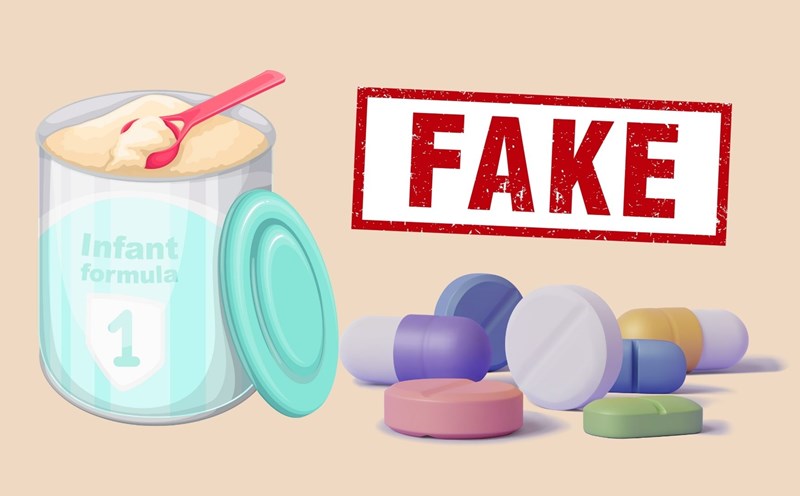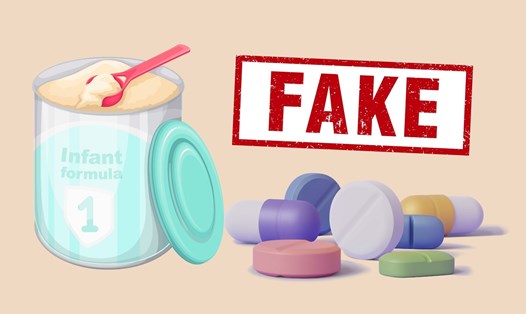Sudden difficulty breathing is not uncommon and can happen to anyone. It can come from simple causes such as stress, anxiety, or environmental changes. However, in some cases, sudden difficulty breathing is a sign of serious respiratory or cardiovascular problems, including acute asthma attack. The problem is how to recognize the real cause and when timely medical intervention is needed.
Shortness of breath due to asthma and other causes
According to Dr. Akshay Budhraja, Senior Consultant and Head of Respiratory Medicine and Sleep Medicine, Aakash Healthcare, Delhi (India), asthma is a chronic respiratory disease characterized by airway cramps, leading to shortness of breath, wheezing and chest tightness. These symptoms often appear when exposed to irritants such as dust, pollen, medication smoke or pet dander. In many cases, asthma can be effectively controlled by avoiding stimulants, using medication according to instructions and maintaining a healthy lifestyle.
However, shortness of breath can also be a manifestation of other serious health problems such as heart disease, pneumonia, emphysema, anemia or dysfunction of the laiva. Accompanying symptoms often help distinguish, such as breast pain spreading to the arms, back or jaw, confusion, pale blue or purple lips. Accurate diagnosis is very important because many serious diseases can be confused with asthma. Respiratory function tests, cardiovascular tests, and imaging tests can be performed by your doctor to determine the cause of difficulty breathing.
When is difficulty breathing an emergency?
Dr. Akshay Budhraja said that some severe asthma attacks can appear suddenly and be life-threatening, even without typical symptoms such as wheezing or coughing. This happens when the airway is severely blocked, making it impossible for the air to circulate. Therefore, if you have serious difficulty breathing, cannot speak normally, chest pain, purple lips or skin, or have signs of confusion, you need to go to a medical facility immediately for timely assessment and treatment.
Tips for preventing and managing asthma
For people with asthma, prevention and control of the disease are very important. Some measures include:
Understand the disease and how to use medication according to the doctor's instructions.
Recognize triggers and avoid contact when possible.
Use a peak flow meter to monitor respiratory function and detect asthma attacks early.
Keep your home clean, limit smoke and pollution in the home.
Maintain a healthy lifestyle: eat a balanced diet, exercise regularly, get enough sleep and manage stress.
Record asthma symptoms to discuss with your doctor during regular check-ups.
(The information in the article is for reference only, not a replacement for medical diagnosis or treatment. You should talk directly to your doctor for accurate advice that is suitable for your health condition.)











